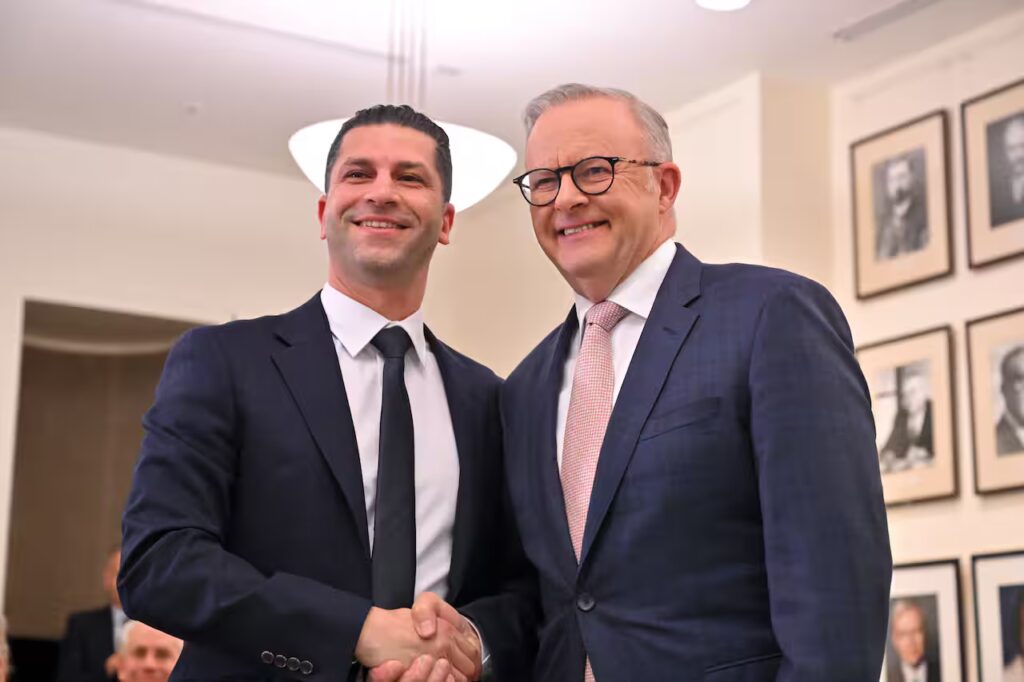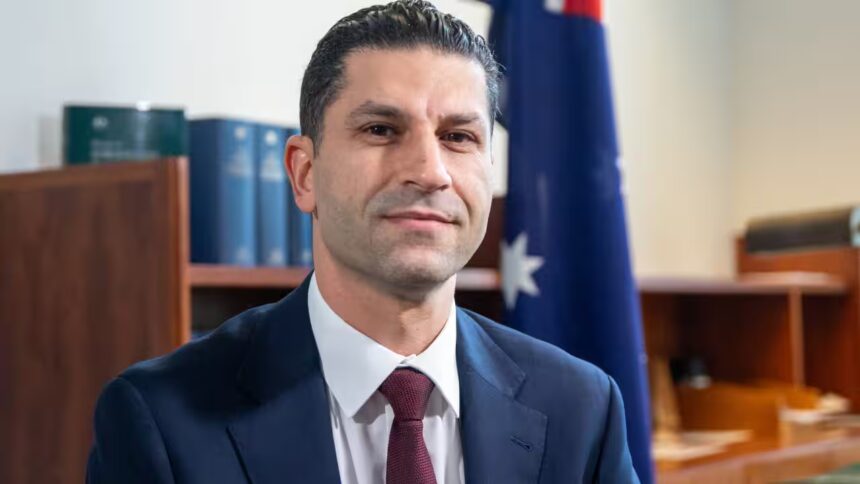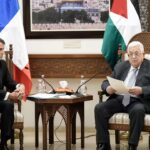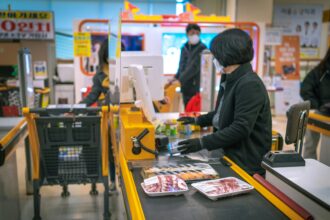New Labor MP Basem Abdo Champions Palestinian Recognition
Newly elected Labor MP Basem Abdo is pushing for stronger action from the Australian Government on the issue of Palestinian statehood. Representing Calwell in Melbourne’s north-west, Abdo says recognition must go beyond symbolic gestures. In an interview before Tuesday’s caucus meeting, he emphasized: “My position on this is very clear. I support the recognition of a Palestinian state.”
The Albanese government is under growing pressure following France’s announcement supporting Palestinian statehood. Calls within Labor are intensifying. Senior figures like Ed Husic are urging immediate recognition at the upcoming United Nations conference. However, Prime Minister Anthony Albanese and Foreign Minister Penny Wong have stated that such a move would not be “imminent.”
Advocacy Within Party Ranks and Beyond
Abdo has made it clear he will continue to push his stance within Labor’s internal processes. “The conversations around this and my push and advocacy on the timing will be had in caucus,” he explained. While backbenchers often operate away from the spotlight, Abdo’s firm approach signals a bold start to his term in office.

He said, “I’ve always spoken up even if it’s uncomfortable,” affirming he will not hesitate to represent the values of his diverse electorate. During a caucus session, the Prime Minister responded to a backbench question on Palestine’s recognition. Though the identity of the questioner was not disclosed, Albanese reiterated support for a two-state solution. He quoted Nelson Mandela: “It always seems impossible until it’s done.”
On the parliamentary floor, Albanese stressed that any recognition must be more than symbolic: “I want Australia to recognise Palestinian statehood when it is more than a gesture.”
Personal History and the Reality of Occupation
Abdo’s connection to the issue is deeply personal. His parents fled the occupied West Bank in 1967. He later visited the region in 2011 and said he was stunned by the extent of the occupation. “I was confronted by how overarching the occupation is, how it impacts the daily lives in all aspects for the Palestinian people there,” he said.
Drawing from his own life, Abdo recounted fleeing Kuwait during the first Gulf War. He described the unsettling memory of tape-lined windows meant to protect from non-conventional attacks—“a ritual that made people feel a little less powerless.” He also shared the pain of losing his mother just weeks before his son’s birth and election campaign.
Abdo’s perspective is rooted in firsthand experience of war, displacement, and injustice. He wants colleagues to keep the human element at the center of discussions. “When we turn off our television screens, those things are still happening. And it’s incumbent on all of us to consider that and the long-term view of things when we’re trying to reshape things.”





